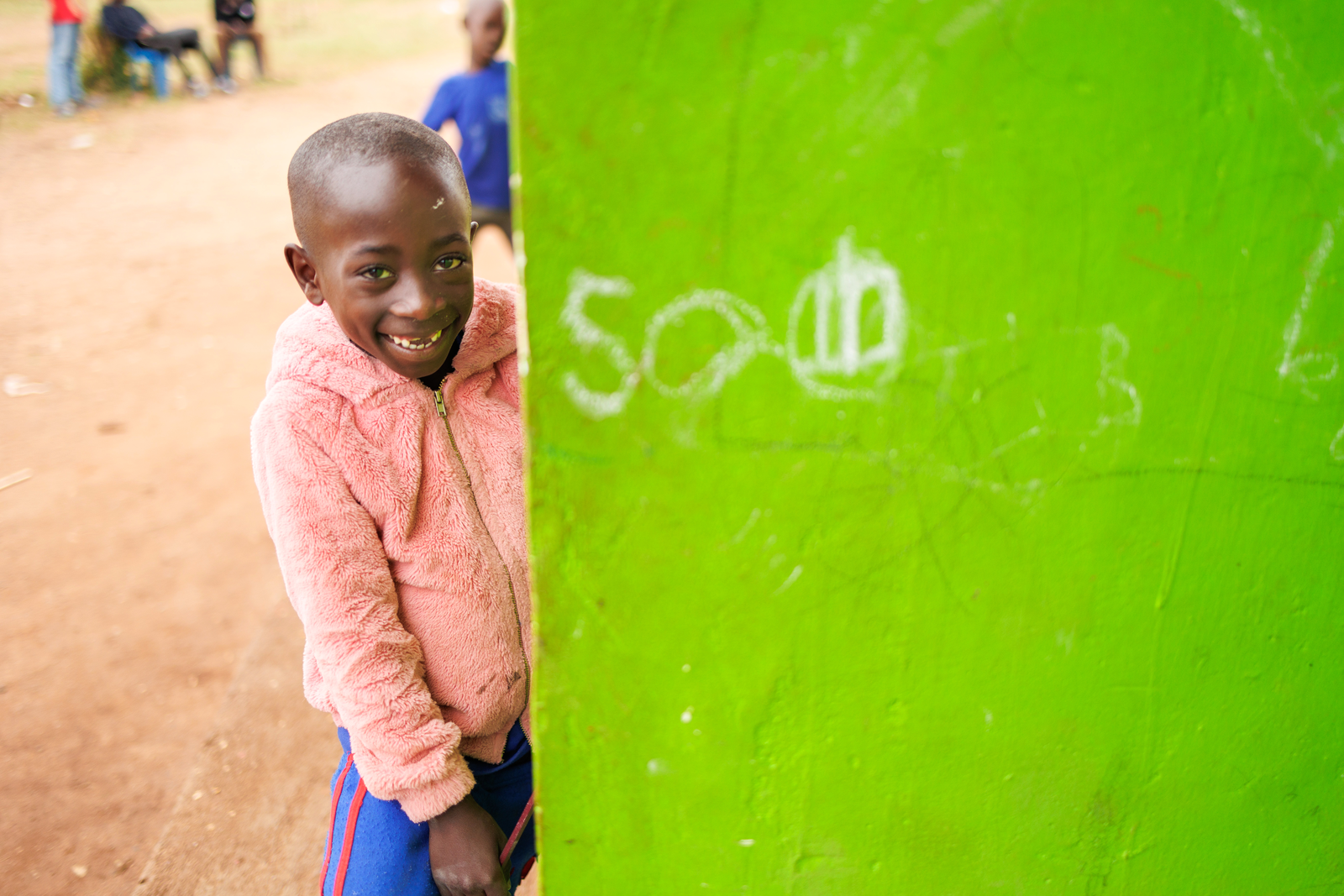
Rohingya refugee children will become ‘lost generation’ without education
Children in conflicts, Education in emergencies, Refugees and internally displaced people
The UNICEF warning comes as more than 380,000 children living in camps in Bangladesh are prevented from getting formal schooling.
Rohingya refugee children who lack proper education in camps in Bangladesh could become a “lost generation”, the United Nations said today – a year after Myanmar’s army began a crackdown that has forced more than 700,000 people to flee the country.
The lives and futures of more than 380,000 children in refugee camps in Bangladesh are in peril, while hundreds of thousands of Rohingya children still in Myanmar are cut off from aid, said a report by the UN children’s agency UNICEF.
Bangladesh prohibits refugees from receiving formal education because the government is concerned that the predominantly Muslim Rohingya population may become a “permanent fixture”, according to UNICEF spokesman Alastair Lawson-Tancred.
At the outset of the refugee crisis, aid agencies set up informal learning centres for children aged three to 14 – but older teenagers feel alienated and hopeless, Lawson-Tancred said.
“Unquestionably, there is a danger that we might be facing a lost generation,” he told the Thomson Reuters Foundation by phone from Bangladesh’s Cox’s Bazar district.
“Sooner or later, you’re going to have large groups of disaffected youth on your hands.”
Most of the refugees crossed the border within the first four months of military operations, which began after Rohingya insurgents launched deadly attacks on security forces in the frontier state of Rakhine on August 25, 2017.
Myanmar officials have repeatedly denied that soldiers carried out atrocities against Rohingya civilians, which have been documented by activists and include rape, murder and arson.
One in two Rohingya children who fled to Bangladesh without their parents were orphaned by violence, while more than 6000 children living in Cox’s Bazar are alone or having to fend for themselves, a study by charity Save the Children said this week.
Aid agencies have managed to provide basic services but the crisis is far from over, with refugees in overcrowded camps at risk of floods, landslides and disease, according to UNICEF.
We are talking about risking the loss or the potential loss of a generation of Rohingya children. It isn't just the half a million children or so on the Bangladeshi side of border but it's also those who are still left behind in Rakhine state, whose access to education is patchy at best and highly limited. UNICEF spokesman Simon Ingram
The agency said it was expanding education programmes in the camps in Bangladesh, currently for children up to the age of 14, to try to meet the needs of older children.
Providing education for the sudden influx of newly-arrived children was a huge challenge for UNICEF and its education partners.
By July 2018, some 1200 learning centres were operating and almost 140,000 children had been enrolled. However, there was no agreed curriculum, classrooms were often overcrowded and lacked basic water and other facilities.
A new learning framework, designed to provide children with a higher-quality education, including competencies in literacy, language and numeracy, as well as essential life-skills, is now in development.
The UNICEF report says the international community should invest in supporting quality education and life-skills for all Rohingya children, especially girls and adolescents who it says are at risk of being excluded.
It also calls on the Myanmar government to ensure that in Rakhine State, where more than half a million Rohingya remain, children from all communities have equal access to quality pre-primary, primary, and post-primary level education.
The British charity Oxfam warned that some basic facilities such as toilets and showers – which often have no locks, doors or roofs – pose safety and health risks to Rohingya women.
Many avoid trips to the makeshift facilities fearing sexual harassment – meaning they go hungry and thirsty, suffer severe stomach aches, and risk outbreaks of disease by using rags during their periods and defecating outside their tents.
Hundreds of sexual violence cases are reported each week Cox’s Bazar, Oxfam said in a statement this week.
Sarah-Jane Saltmarsh, a spokesperson for Bangladesh-based aid agency BRAC, said more lighting in the camps, where there is no round-the-clock grid electricity, is key for female safety.
“The real problem is when they (women and girls) are accessing those facilities in the dark,” she said. “That is when there is more danger, especially during the monsoon season.”

More news

Theirworld initiative helps to deliver $30m of computers to Ukrainian children
